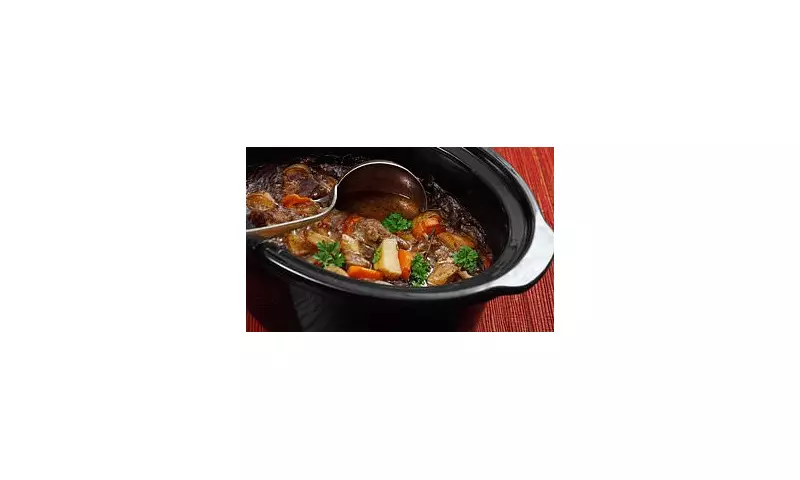
Your trusty slow cooker might be the hero of your kitchen, but even this versatile appliance has its limitations. Cooking experts are sounding the alarm about certain ingredients that could turn your carefully planned meal into a culinary catastrophe.
The Pasta Predicament
While it might seem convenient to cook pasta directly in your slow cooker, this approach often ends in disappointment. Pasta becomes mushy and overcooked when subjected to prolonged heating, losing its desirable al dente texture. The starch released during cooking can also create an unappealing, glue-like consistency in your sauce.
The Dairy Disaster
Milk, cream, and soft cheeses are another category that fares poorly in slow cookers. Dairy products tend to separate and curdle when exposed to extended heat, creating an unpleasant grainy texture in your dishes. Instead, experts recommend adding these ingredients during the final minutes of cooking.
Other Slow Cooker No-Nos
- Delicate seafood - Fish and shellfish become rubbery and overcooked quickly
- Lean meats - Without sufficient fat, they can dry out and become tough
- Fresh herbs - Their delicate flavours dissipate with long cooking times
- Frozen vegetables - Can create food safety issues and become waterlogged
Smart Slow Cooking Alternatives
For ingredients that don't play well with extended heat, consider these workarounds:
- Cook pasta separately and combine just before serving
- Add dairy products during the last 15-30 minutes
- Use hearty herbs like rosemary and thyme that withstand long cooking
- Choose fatty cuts of meat that benefit from slow breakdown
Understanding your slow cooker's strengths and limitations can transform your cooking results. While this appliance excels at tenderising tough cuts and developing deep flavours, some ingredients simply perform better with traditional cooking methods.





